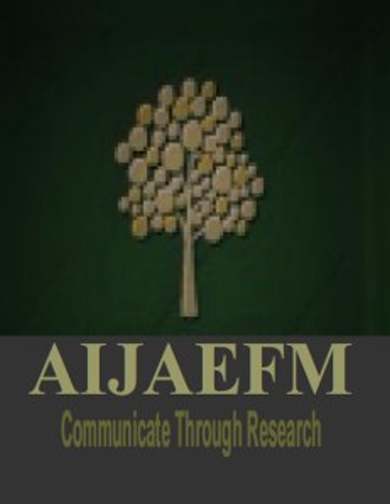Impact Of Substantial Out-Of-Pocket Healthcare Expenditure On Citizens Welfare In Nigeria
Keywords:
Hazardous Level, privately expenditures, impoverishment, household, welfareAbstract
Nations typically employ a combination of health-care funding mechanisms, including tax-based finance, private medical insurance, social insurance, out-of-pocket (OOP) payments, and donor funds. Meanwhile, in many emerging nations, lopsided health finance towards private healthcare funding jeopardizes progress toward the third Sustainable Development Goal of Universal Health Coverage (SDG Target 3.8). Households who are particularly vulnerable to catastrophic health spending may experience income/wealth loss as a result of excessive spending on unwell/ailing household member(s). To that purpose, the current study looked into the welfare implications of higher out-of-pocket spending among Nigerian households. Using multiple catastrophic out-of-pocket health spending thresholds (20 percent of total household spending and 40 percent of non-food household expenditure), the study found that poverty risks are higher in Northern Nigeria and rural settlements than in Southern Nigeria and urban centres. Surprisingly, this study found that the chance of Nigerian households facing catastrophic out-of-pocket health spending increases with household size. The report advises reducing the impact of excessive out-of-pocket spending on households by investigating alternate health financing systems such as health insurance, as well as increasing public spending on healthcare in Nigeria.





